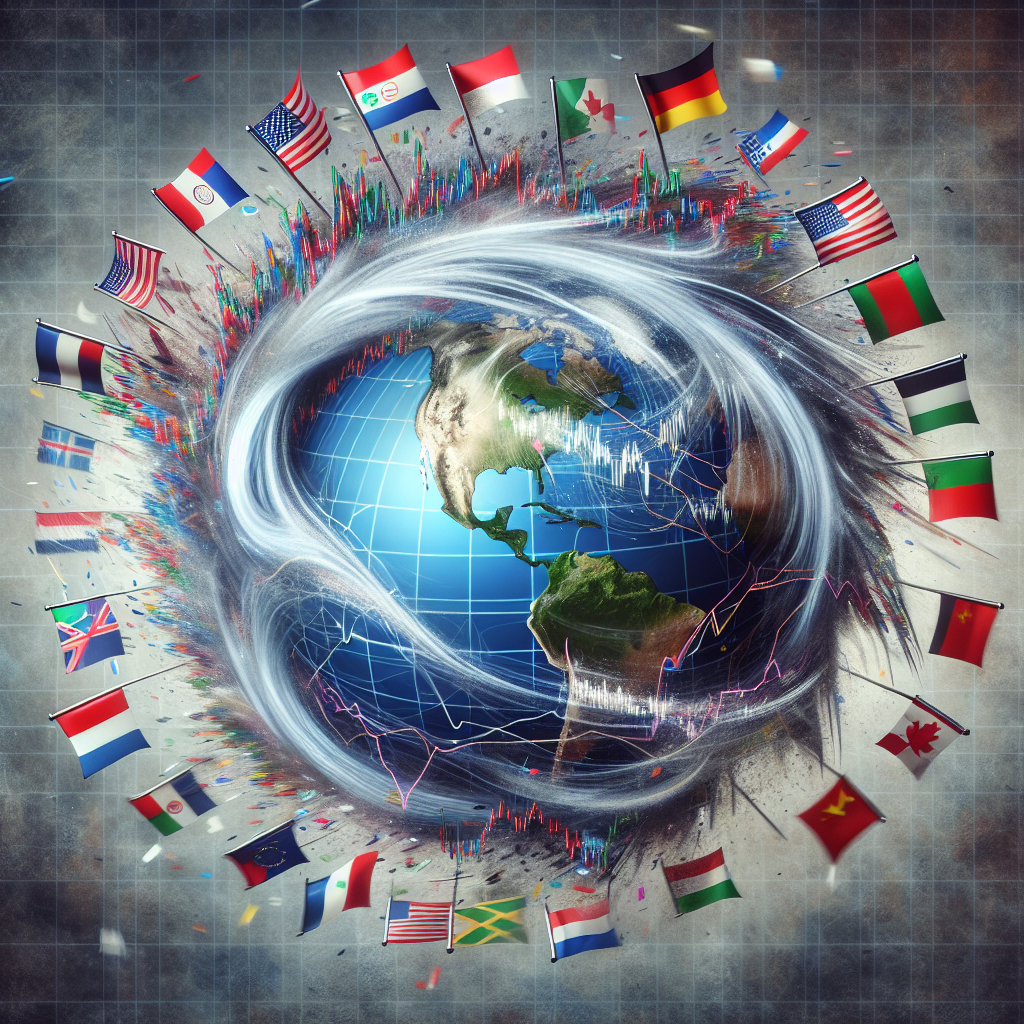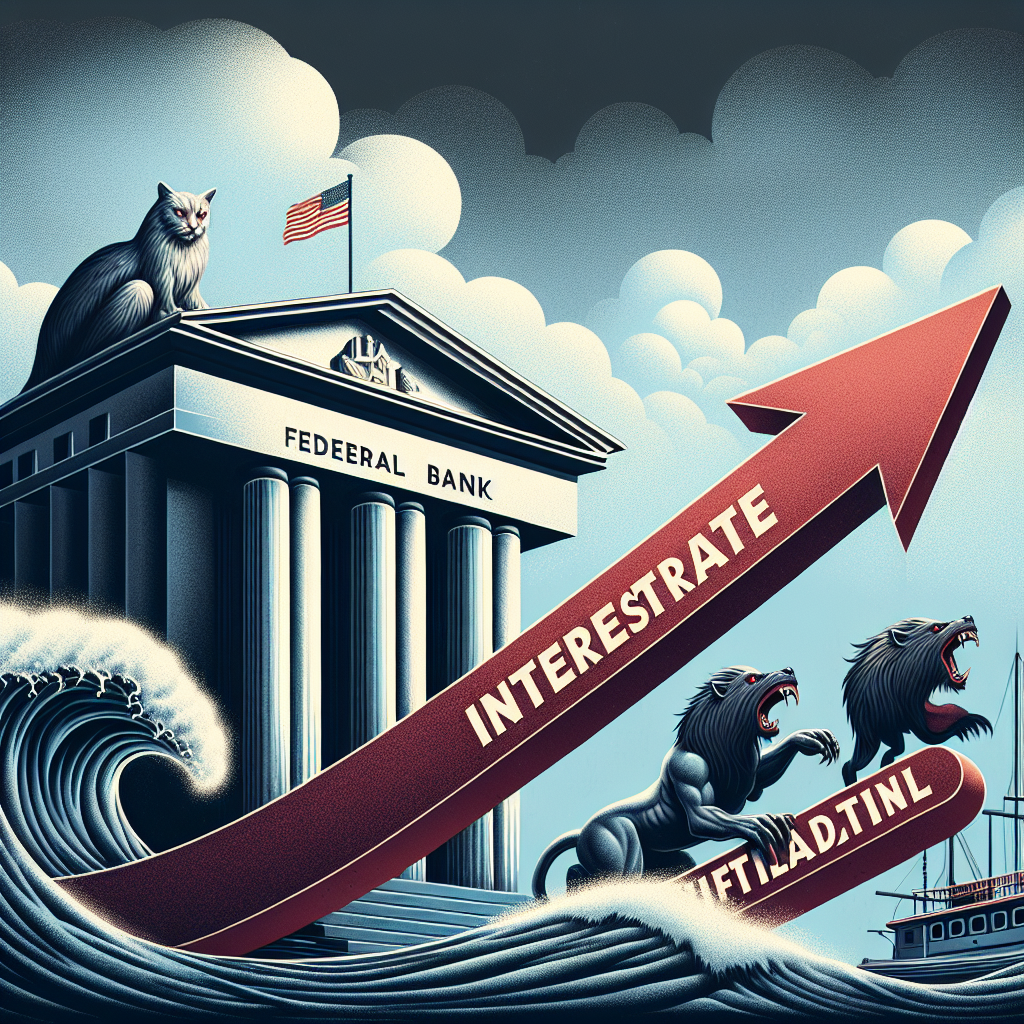The Impact of Trade Wars on Global Markets
Global Markets Remain Volatile Amidst Geopolitical Uncertainty
The Impact of Trade Wars on Global Markets
In recent years, the world has witnessed a surge in geopolitical tensions, particularly in the form of trade wars. These conflicts, characterized by the imposition of tariffs and other trade barriers, have had a profound impact on global markets. As a result, investors and businesses alike have been forced to navigate through a landscape of uncertainty and volatility.
One of the key consequences of trade wars is the disruption of established supply chains. As countries impose tariffs on imported goods, businesses are faced with higher costs and reduced access to foreign markets. This has led to a reevaluation of sourcing strategies, with many companies seeking to diversify their supply chains or relocate production facilities to countries not affected by the trade disputes.
Furthermore, trade wars have also had a significant impact on investor sentiment. The uncertainty surrounding the outcome of these conflicts has led to increased market volatility, as investors grapple with the potential consequences for global economic growth. This has resulted in heightened levels of risk aversion, with investors seeking safe-haven assets such as gold and government bonds.
The impact of trade wars is not limited to specific industries or countries. Rather, it has reverberated throughout the global economy, affecting both developed and emerging markets. For instance, the ongoing trade dispute between the United States and China has had far-reaching implications, with both countries imposing tariffs on billions of dollars’ worth of goods. This has not only disrupted bilateral trade but has also had a spillover effect on other countries that are part of global supply chains.
In addition to disrupting supply chains and investor sentiment, trade wars have also had a detrimental effect on economic growth. The imposition of tariffs and trade barriers has led to a decline in international trade, which in turn has hampered global economic activity. The International Monetary Fund (IMF) has warned that trade tensions could reduce global GDP by 0.5% by 2020, representing a significant drag on economic growth.
Moreover, trade wars have also exacerbated existing economic vulnerabilities in some countries. For instance, emerging markets that heavily rely on exports have been particularly vulnerable to the negative effects of trade wars. The depreciation of their currencies, coupled with reduced demand for their goods, has put pressure on their economies and financial markets.
In response to the challenges posed by trade wars, policymakers have taken various measures to mitigate their impact. Central banks have implemented accommodative monetary policies to support economic growth, while governments have introduced fiscal stimulus measures to boost domestic demand. Additionally, countries have sought to diversify their trading partners and explore new markets to reduce their dependence on countries involved in trade disputes.
In conclusion, trade wars have had a profound impact on global markets, disrupting supply chains, dampening investor sentiment, and hampering economic growth. The uncertainty surrounding these conflicts has created a volatile environment, forcing businesses and investors to navigate through uncharted waters. As geopolitical tensions persist, it is crucial for market participants to remain vigilant and adapt to the evolving landscape of global trade.




